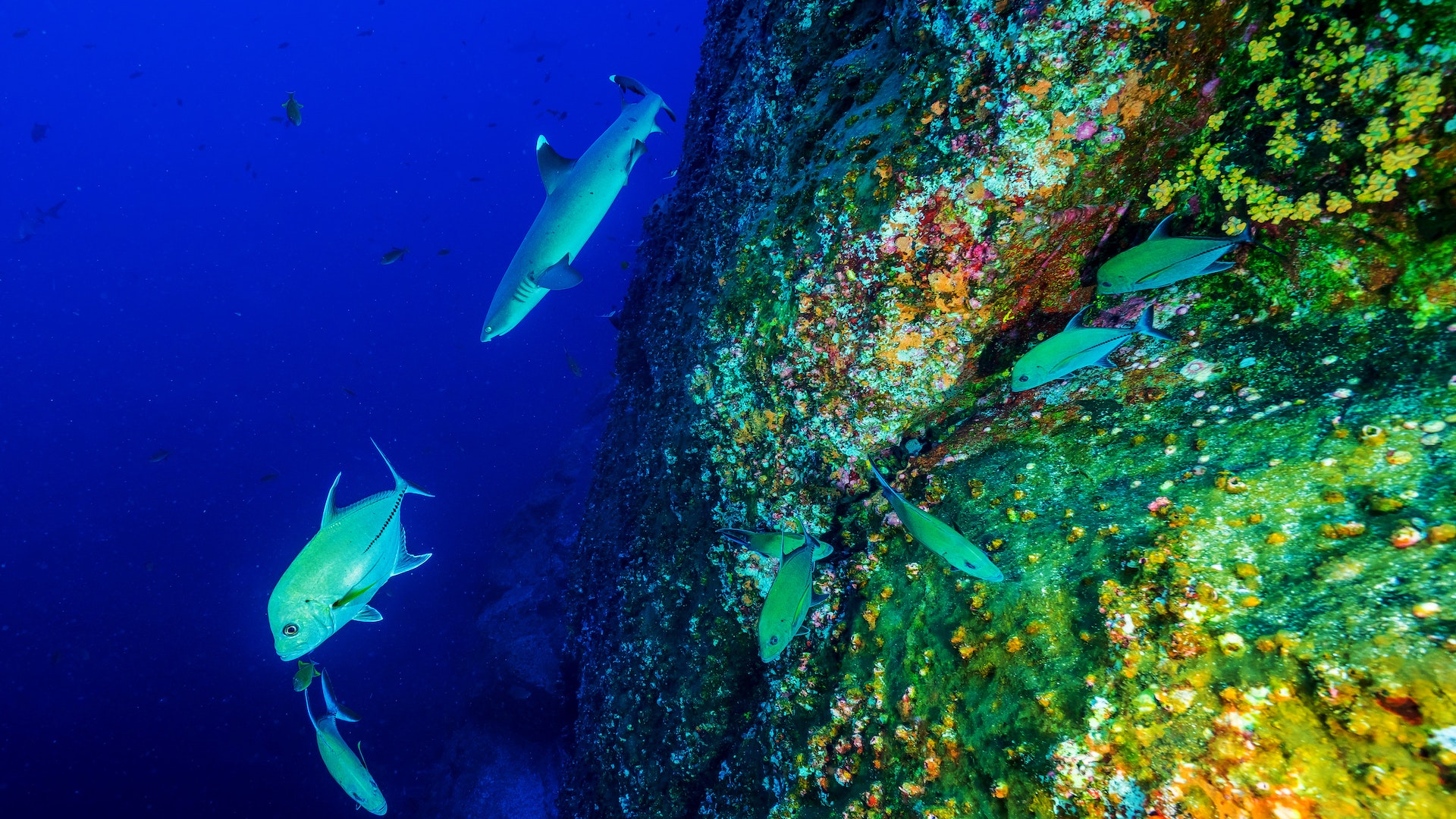The President of the UN General Assembly has urged attendees to ‘arrive with demonstrable evidence of progress’ in providing solutions to the current ocean crisis.
Documentaries such as ‘Seaspiracy’ and ‘A Plastic Ocean’ raised public alarm on the vitality of Earth’s oceans for humanity’s survival – a fact that marine biologists have known for years.
Though the general public is only now waking up to the atrocities taking place out at sea, The United Nations has wasted no time to try and tackle them head on.
The second offical UN Ocean Conference will take place this June 27th – July 1st in Lisbon, Portugal. It will focus on developing international governance and policies that protect our seas by enabling ocean-based markets (such as shipping and fishing) to continue thriving, as long as they adhere to sustainable practices.
A UN led program called the ‘Decade of Ocean Science for Sustainable Development’ started its research last year and will continue its work until 2030 to offer scientific leverage for enforcing new policies around the sustainable management of our oceans.
We can only hope that the conference does more for the oceans than previous COP meetings have done for our planet, so let’s get into what we can expect from it!


















